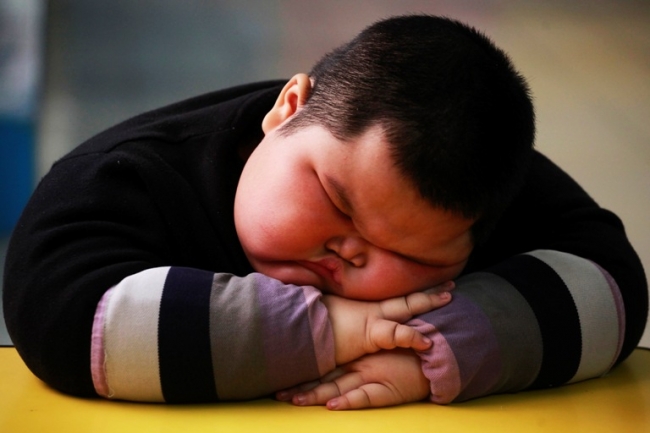One out of every five children in the United States is overweight or obese and this number only continues to rise. Naturally, children are prone to have far few health and medical problems than adults, however, overweight children are at a higher risk of being overweight adolescents and adults. They risk developing chronic disease like heart diseases and diabetes. They are also more likely to struggle with stress, sadness, and poor self-esteem.
Causes of Childhood Obesity:
Commonly a lack of physical activity, unhealthy eating patterns, or a combination of the two. It is rare that childhood obesity is caused by a medical conditional and it can be ruled out with a simple physical exam can rule it out. Though weight problems can be genetic, not all children with a family history of obesity will be obese, their risk just increase. It normally has to do with shared family diet and lifestyle.
Inactive lifestyle is the major role in determining a child’s weight. Today, the average child spends four hours in front of a television, and now that computers and video games are becoming the forefront of entertainment, the hours of inactivity have increased.
Risk of Childhood Obesity:
High cholesterol
High blood pressure
Early heart disease
Diabetes
Bone problems
Skin conditions such as heat rash, fungal infections, and acne
Detection of Childhood Obesity:
The family doctor will notify if your child is overweight. Your child height, weight, and BMI (body mass index) will be compared to standard values and if they suffer from childhood obesity your doctor will consider also your child’s age and growth pattern when coming up a unique weight loss solution for them.
Aid of Childhood Obesity:
If you discover your child suffers from childhood obesity, you must be supportive. How children feel about themselves is directly related to how their parents feel them. Having a open line of communication where your child can here the importance of weight, but also where they can discuss their concerns is key.
Isolation of your child can be detrimental to your child confidence, so focus on changing family activities that engage them physically. A change of diet and lifestyle habits will teach the whole family a healthier lifestyle the overweight child won’t feel singled out or alone.
Engaging Family in Healthful Habits:
Increasing the family’s engagement of physical activity is important. Here are some ways to accomplish this:
- Lead by example. If your children see that you are physically active and having fun, they are more likely to be active and stay active for the rest of their lives.
- Plan family activities that provide everyone with exercise, like walking, biking, or swimming.
- Be sensitive to your child’s needs. Overweight children may feel uncomfortable about participating in certain activities. It is important to help your child find physical activities that they enjoy and that aren’t embarrassing or too difficult.
- Make an effort to reduce the amount of time you and your family spend in sedentary activities.

